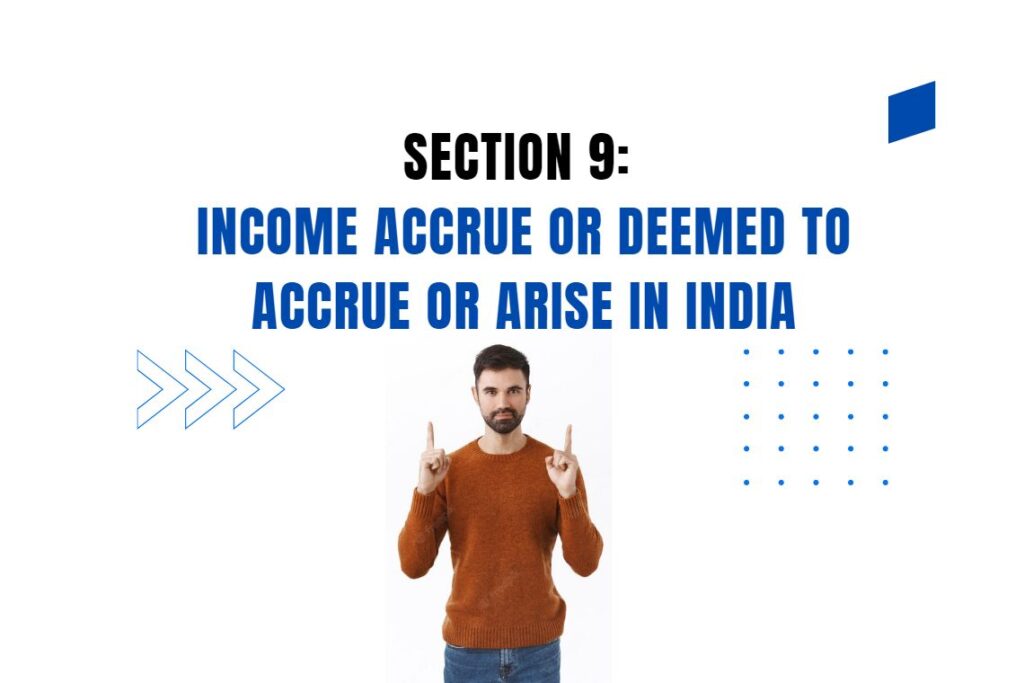In India, hosting international sporting events is not only a matter of pride but also has significant financial implications. To encourage the growth of sports in the country, the government has introduced various provisions to provide tax benefits to athletes and organizations involved in organizing such events. One such provision is Section 10(39) of the Income Tax Act, which grants exemption to specified income from international sporting events held in India.
Section 10(39) of the Income Tax Act states that any income earned by non-resident sportsmen or sports associations from participating in or organizing an international sporting event in India is exempt from tax. This exemption applies to income derived from activities directly related to the event, such as prize money, appearance fees, sponsorship income, and other similar sources. This exemption is available to the following persons:
- Any person (resident or non-resident) who earns income from an international sporting event held in India.
- Any person (resident or non-resident) who provides services in connection with an international sporting event held in India.
- Any sports association (resident or non-resident) which organizes an international sporting event in India.
Conditions for availing the exemption
While Section 10(39) provides a tax exemption, there are certain conditions that need to be met in order to avail this benefit:
- The sporting event must be an international sporting event.
- The sporting event must be approved by the international body regulating the international sport relating to such event.
- The sporting event must have participation by more than two countries.
- The income must be earned from the following sources:
- Sale of tickets to the sporting event.
- Sponsorship income from the sporting event.
- Broadcasting rights for the sporting event.
- Advertisement revenue from the sporting event.
- The income must be notified by the Central Government.
- The income should not be connected to any other activity or source of income in India.
- The non-resident sportsmen or sports associations must file their income tax returns in India and comply with other tax obligations.
Procedure for Claiming Exemption
To claim the exemption under Section 10(39), the taxpayer must file an application with the Income Tax Department. The application must be accompanied by the following documents:
- A copy of the notification issued by the Central Government declaring the international sporting event as eligible for exemption under Section 10(39).
- A certificate from the international body regulating the international sporting event, confirming that the event has been approved by it.
- A statement of the income from the international sporting event that the taxpayer is claiming exemption for.
The Income Tax Department will scrutinize the application and the documents submitted by the taxpayer. If the application is approved, the taxpayer will be granted exemption from income tax on the specified income from the international sporting event.
Incomes eligible for Exemptions:
The following types of income are eligible for exemption under Section 10(39):
- Income from the sale of tickets and other admissions to the international sporting event.
- Income from the sale of broadcasting rights to the international sporting event.
- Income from the sale of sponsorship rights to the international sporting event.
- Income from other commercial activities related to the international sporting event.
- Prize money won by a tennis player at the Indian Wells Masters tournament.
- Appearance fee received by a cricketer for playing in the Indian Premier League.
- Income from the sale of broadcasting rights to the FIFA World Cup tournament held in India.
- Income from the sale of sponsorship rights to the Indian Grand Prix motor racing event.
- Income from the sale of tickets to the Olympic Games held in India.
Here are some examples of cases where the exemption under Section 10(39) will be available:
- A foreign sports association organizes the FIFA World Cup in India. The income earned by the association from the event, such as income from the sale of tickets and broadcasting rights, will be exempt from tax under Section 10(39).
- An Indian company sponsors the Indian Premier League (IPL). The income earned by the company from the sponsorship deal will be exempt from tax under Section 10(39).
- An individual buys a ticket to watch the IPL. The income earned by the IPL from the sale of the ticket will be exempt from tax under Section 10(39).
Benefits of the exemption
The exemption provided under Section 10(39) offers several benefits to non-resident sportsmen and sports associations:
Reduction in tax liability:
By exempting the specified income from international sporting events, the tax liability of non-resident sportsmen and sports associations is significantly reduced.
Promotion of sports:
The exemption encourages international athletes and organizations to participate in sporting events held in India, which promotes the growth of sports in the country.
Boost to the economy:
Hosting international sporting events attracts tourists, sponsors, and investments, which contribute to the overall economic development of the host country.
Conclusion
Section 10(39) of the Income Tax Act plays a crucial role in promoting international sporting events in India. By providing tax exemption to non-resident sportsmen and sports associations, the government incentivizes their participation and contribution to the sports industry. This not only benefits the athletes and organizations but also boosts the overall sports ecosystem in the country.



![Residential Status [Sections 5 to 9B]](https://incometaxmanagement.in/wp-content/uploads/2023/09/Residential-Status-Sections-5-to-9B-1024x683.jpg)

![EXEMPTED INCOMES [Section – 10, 10AA, 11 to 13A]](https://incometaxmanagement.in/wp-content/uploads/2023/09/Exempted-Incomes-Section-10-1024x683.jpg)

![Income of an Electoral Trust shall be Exempt [Section 13B]](https://incometaxmanagement.in/wp-content/uploads/2023/10/61-Exempted-Incomes-Section-13B-1024x683.png)
![Incomes of Political Parties [Section-13A]](https://incometaxmanagement.in/wp-content/uploads/2023/10/60-Exempted-Incomes-Section-13A-1024x683.png)
![Special Provisions in respect of Newly-established Units in Special Economic Zones (SEZ) [Section-10AA]](https://incometaxmanagement.in/wp-content/uploads/2023/10/59-Exempted-Incomes-Section-10AA-1024x683.png)
![Exemption in respect of income chargeable to Equalization Levy [Section 10(50)]](https://incometaxmanagement.in/wp-content/uploads/2023/10/58-Exempted-Incomes-Section-1050-1024x683.png)
![Income of a Developmental Financing Institution (DFI) to be Exempt [Section 10(48E)]](https://incometaxmanagement.in/wp-content/uploads/2023/10/57-Exempted-Incomes-Section-1048E-1024x683.png)